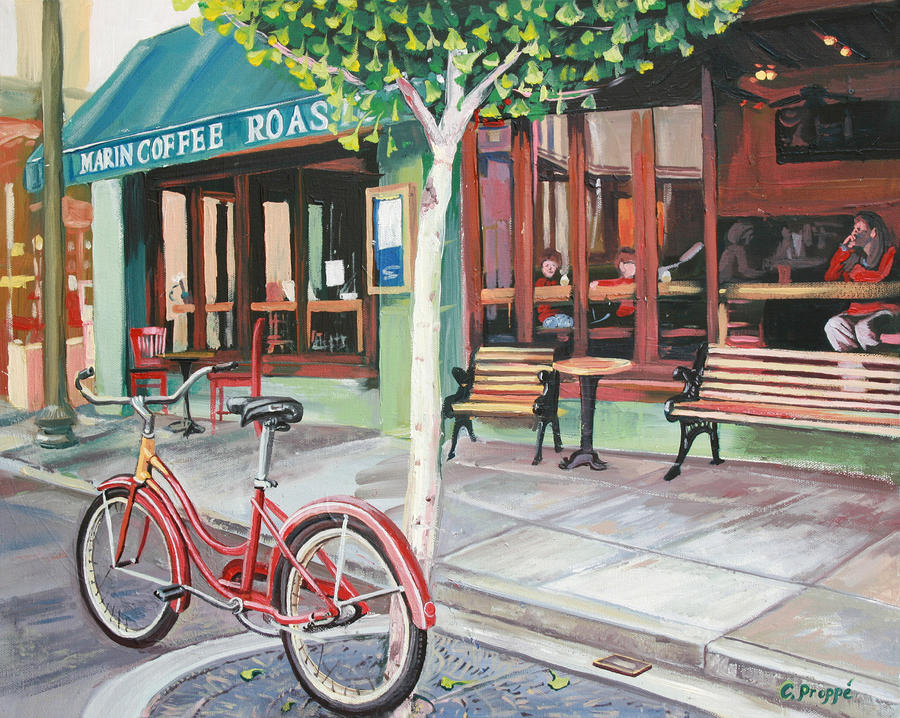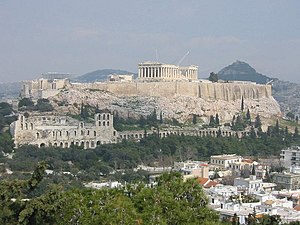Ever since I was in high school, going to homecomings and proms, I always wanted to throw my own "dance" party. Why? Well, I just didn't like the way high school did stuff the stuff they did. I did not like every one's "dancing" style around me. I did not like the indiscriminate choice of music. I did not like that fact that there were no serious refreshments of which to speak. I just thought I could do it better...
So that is what I did. Over the past year, I've orchestrated the throwing of three very successful and legit dance parties. With each party, I learned some valuable lessons and the next time, I made the relevant changes to keep the party 'raging'. Below, I have created a 'how-to' guide for this delicate, but highly rewarding process:
1. Budget
Like every good endeavor, you need to sit down and determine what you're willing to spend on this thing. If you're looking to do it right and this is your first time doing it, it's going to be expensive. (for perspective, I believe my first budget was $100) The good news, though, is that the money you spend on infrastructure here will not have to be re-spent for future parties. It might be worth it to see if you can get an interested core group of people to help fund some of the various aspects.
2. Who To Invite
This is certainly more up to the personal preference of the hosts, but one hard-and-fast rule that I've found out is that you need to keep the guy-to-girl ratio pretty even. An overwhelming number of one over the other is not conducive to a properly socializing group because guys certainly want to be with their buddies, but they also want to have the opportunity to meet and socialize with plenty of girls. The same goes for girls; girl friends are nice to have, but a party with too many girls will make them feel like they're being used. This dynamic also becomes more clear when dancing begins; what guy wants to dance with another guy? And what girl wants to only be dancing with her girl friends all the time? I cannot stress this rule enough.
3. Music
The party doesn't have a chance without music, of course. It's probably a good idea to make two playlists: one of just general party tunes and another for dance music (the reason for this will become clear later). If you do not already have all the music yourself, see if you might be able to get it from that core group of friends. In selecting music, it is good to have a genre variety. Sure, Flo Rida and Lady Gaga are modernly relevant, but what about the timeless classics like Elvis Presley, Little Richard, Spice Girls, or *NSYNC? Every one likes to get taken back to the old days once in a while, so give them that diversity. Also, I recommend splicing in some other genre types such as salsa and swing dancing numbers.
4. Infrastructural Items, Pt. 1: "Sound"
Ah, here's the point that might be a bit hard to swallow: you'll have to invest some money into this party. Not just "some" money, but depending on what your goals are, potentially "alot" of money. For a first party, this does not always need to be a giant expenditure, but that also depends on what you already have to start with. You'll need a stereo of some sort, and you'll need an MP3 player that you can plug into said stereo. This is not a bad investment, party planning aside, but it can definitely be one that sets you back a few bucks. If you do not have an MP3 player and no one else you know has one, then you're probably Amish and I'm curious as to why you're throwing a dance party in the first place. Though seriously, if this is the case, MP3 CDs work well enough. They have a higher storage capacity than regular audio CD formats and iTunes can burn in this format.
 |
| All-in-one Disco Ball; $25 |
 |
| Colored light bulb; $5 |
This step will also require some monetary investment. Party lighting will give your dance party teeth, beyond simply having loud music. The cheapest route to take would be to purchase variously colored light bulbs. This will create a pretty static atmosphere for what should be a dynamic party, so I would only recommend these as a supplement. There are a couple of mid-range alternatives, however, such as small disco balls. And if you really have money burning a hole in your pocket, there is some professional DJ equipment out there that will really give the dance floor some kick. And smoke machines are reasonably inexpensive, depending on what you get. The low power ones (such as the 400 watt model) only create 'smoke', which is great to project LED through because it creates an awesome laser effect. The higher powered models (such as the 1100 watt) are able to create a low-lying fog effect that you see in the movies. It requires a special fog juice to create, so make sure you do your research on fog machines to ensure that you get what you want.
6. Food and Drink
 |
| Fog Machine 400 Watt; $30 |
Though not nearly as fun to shop for as the items listed above, proper nutrition and hydration (or de-hydration, depending on the beverage in question) is important. It would be appropriate to call on guests to bring either a snack food or a beverage when they accept the invitation, but you will undoubtedly need to supplement that. Chips and salsa is a decent, inexpensive starter. Also, it is vital that the host(s) provide the first round of beverages. This is important because your assigned beverage bringers might not arrive on time and while people are waiting, they should have a drink in their hand, if they desire it.
7. Decorations
This should probably be the weakest link in your budget. If you're short on cash or time, this becomes nonessential, but if you just don't have cash, then creatively-used, ordinary party streamers can change the look of your place drastically and get people in the party spirit.
8. Other Last Minute Preparations
 |
| Moonflower LED Light; $60 |
Of course, clean your place and make it look nice. Also, rearranging the furniture will give you more dance room space. If you live in an apartment complex, you should warn your neighbors of the noise the party will generate. Give them your cell phone number(s) and ask them to call you if it ever gets too loud. This is always better than the alternative of having the cops called. Reiterate that their comfort is your first concern and that you will be more than happy to bring the volume (or at least the bass) on the stereo down.
9. Timing and Bringing It All Together
Invariably, most of the guests will arrive anywhere between a half hour late to one hour and a half late. This is not terrible news because odds are you won't be fully ready by party time anyway. If you can get that core group of friends to show up early, they can play host or hostess while you are putting the finishing touches on the evening or getting ready yourself.
When people do arrive, they will want to have a drink or two and socialize with the other guests. This is a great time to put the 'party tunes' playlist or CD on the stereo at a conservative volume. Allow people plenty of time to snack and talk with their friends. Resist the urge to be over eager in moving to the dancing portion because regardless of the scene, people will not dance until they're ready too.

When it comes time to dance, the host should pause the music and call everyone around. A toast is usually appropriate here, as well as a few thank yous for everyone that came and for the food/drink they brought. While you're doing this, a trusted friend is setting up the dance playlist/CD. After the toast and thank yous, the host announces in some fashion that the dancing portion will begin shortly. Then, the party lights, which had been off up to this point, are switched on and the music starts.
People probably won't dance immediately, especially if this is the first time you're doing this. It will take some time for people to adjust to the idea of dancing in front of other people, especially if they weren't seriously expecting to do any dancing. So just be patient. Once they start dancing, your job is practically finished. Enjoy yourself and keep your cell phone by you to receive any calls from sleepy neighbors.
Hope this helps! Good luck!






+smaller.jpg)












